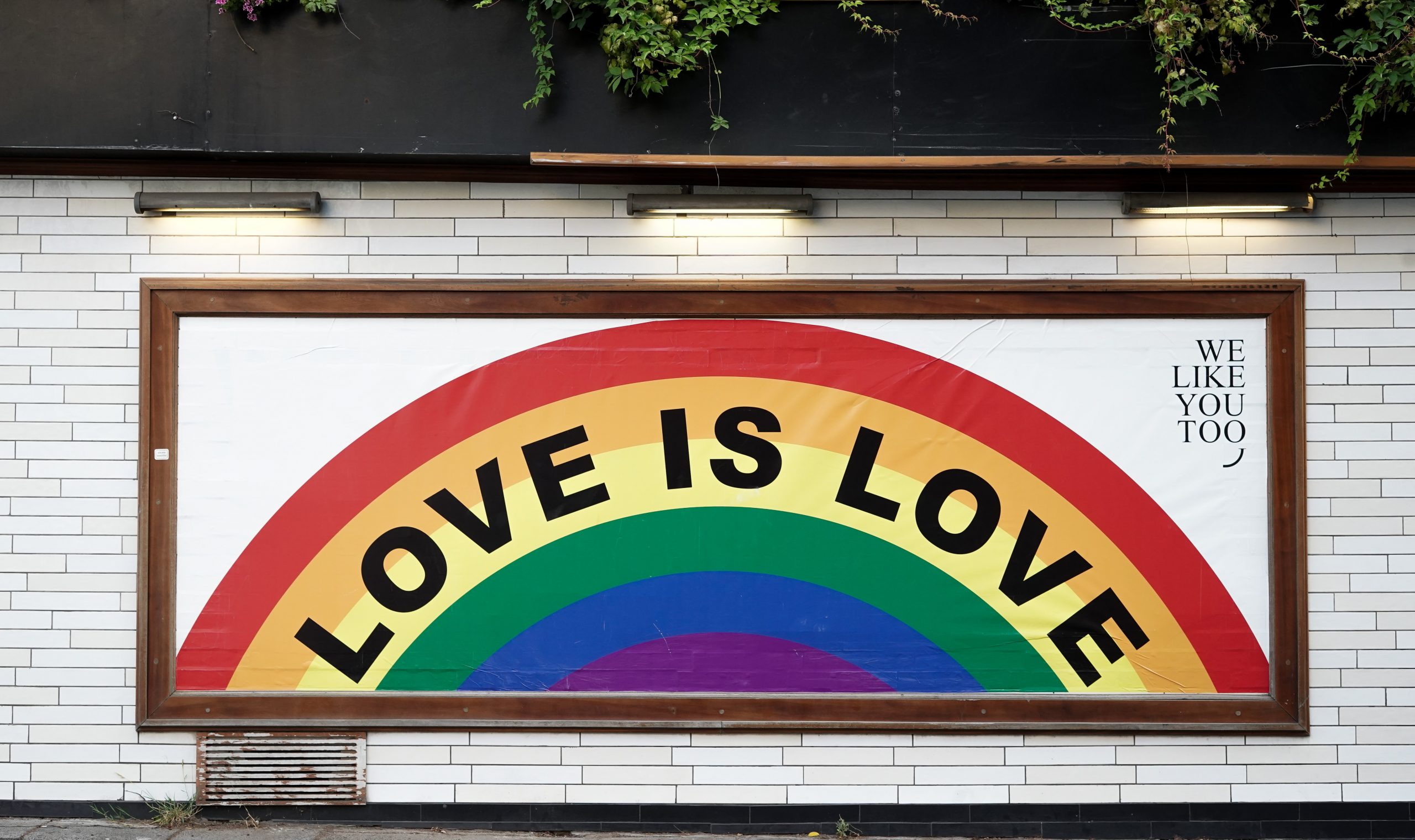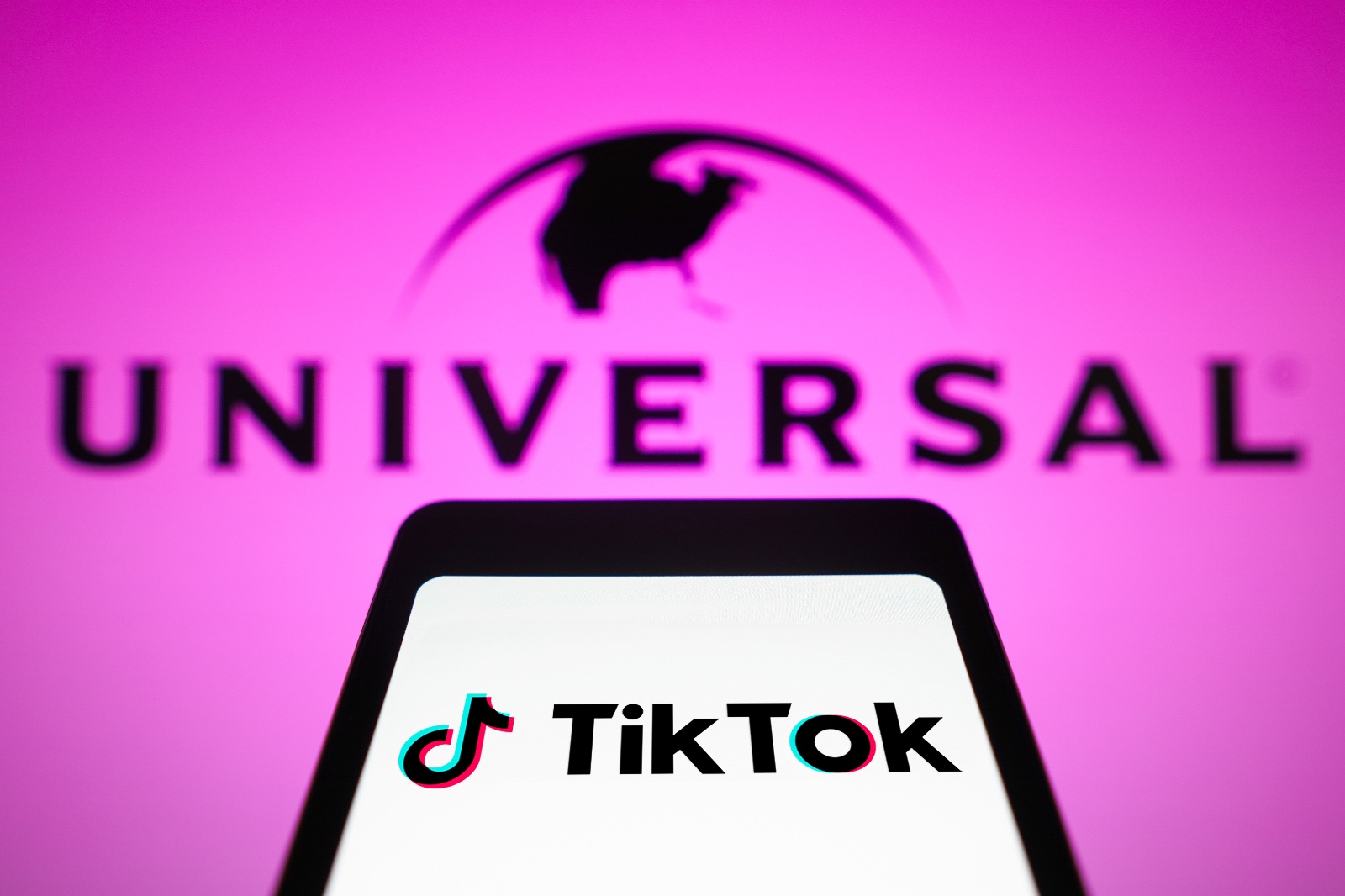The Truth About The Attention Recession
Netflix recently made headlines for the wrong reasons: it lost 200,000 subscribers in the first quarter of 2022 and fired a number of Netflix Tudum employees. In addition, Spotify reported an operating loss of 6 million euros in the first quarter of 2021, compared to a profit of 14 million euros last year. As a result, many observers dubbed the term “attention recession.” What does this term mean? More importantly, why does it matter to creators?
What does “attention recession” mean?
The term “attention recession” refers to an era in which people spend less time looking at the screen. This is the opposite of the attention economy, an economic model that treats human attention as a scarce commodity.
The COVID-19 lockdowns served as a golden opportunity for companies whose economic model is based on attention. These include services such as Netflix, Spotify, Disney +, Hulu, Apple Music, Meta / Facebook and so on.
But when offline entertainment opened up again, the attention economy suffered, leading to the attention recession. This factor, coupled with global inflation and the war in Ukraine, continued to contribute to the current attention recession.
The inflation’s impact on the attention economy
Fear of a post-COVID-19 recession and the Ukraine-Russian conflict were two major drivers of the attention recession. Let’s take streaming giant Netflix as an example. The company decided to withdraw its service from Russia.
This led to the loss of 700,000 subscribers, which in turn led to an increase in subscription prices for the rest of its subscribers. According to Netflix, this price change reflects its ambition to produce higher-quality productions. But inflation has led to people spending less money on entertainment and cancelling their subscriptions.
In addition, the increasing number of competitors means that consumers can easily switch from one supplier to another. This is because, in contrast to traditional TV providers, streaming services do not lock consumers in a legally binding year-long contract. This loophole allows consumers to pick and choose, use trials to their advantage, and test new services and products.
How can creators survive the attention recession?
Undoubtedly, the recession is also affecting small creators. Therefore, a careful strategy is needed to ensure that these creators survive in the midst of the attention recession.
Creating communities of highly engaged individuals is a good way to ensure that creators still have a steady stream of income without relying on casual followers. By focusing on an exclusive community of individuals and offering useful content, creators can be sure that these individuals will continue to support them. More importantly, fans will feel closer to the creator, leading to a mutually beneficial relationship.
After all, as Kevin Kelly says, you only need 1000 true fans to be a successful creator. By offering these 1000 true fans a limited and exclusive fan experience, you can retain them and make them lifetime fans of your content and brand.
Final notes
So how can creators and entertainment companies survive the attention recession? Undoubtedly, now is not the right time for such companies to increase their prices. Instead, annual subscriptions or multi-format bundles could be a better option
In addition to offering more bang for consumers’ buck, entertainment companies can rest assured that their customers are committed to their services. In addition, these companies should take a page out of Tencent’s book and shift their focus to an ad-supported business model that monetizes fandom, rather than simply monetizing consumption itself.
On a positive note, the attention recession is making entertainment companies realise that consumer attention is scarce. Only by offering high-quality evergreen products can they “win” consumer attention and beat competitors.






